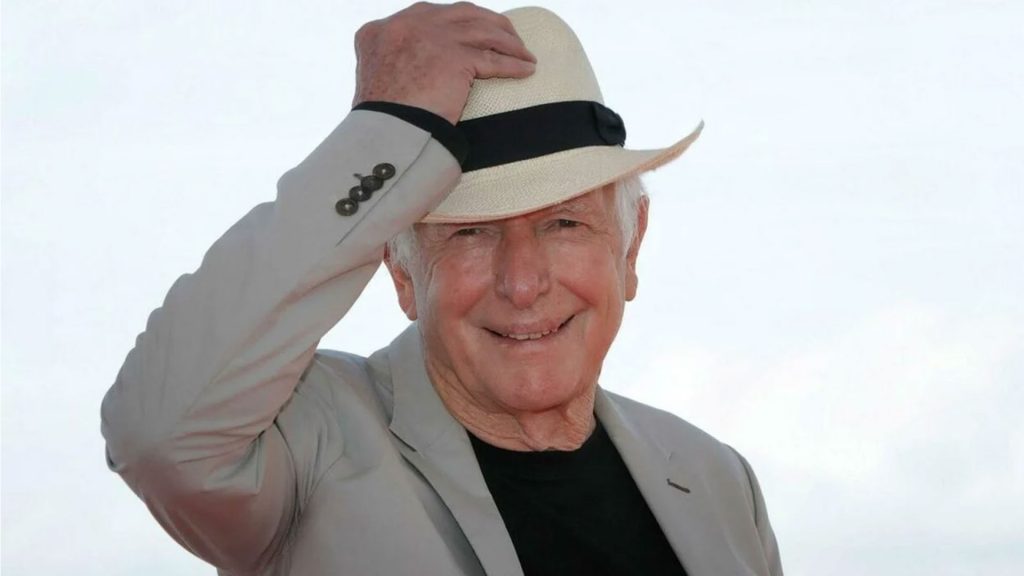
Author of some of the cornerstones of recent world cinema, Peter Weir receives the homage of Alberto Barbera and the Venice Film Festival.
His works are imbued with a sense of mystery and wonder that embraces the complexity of life and the human condition. A storyteller of souls, an explorer of emotional and cultural depths, and a master architect of emotions and atmospheres, Peter Weir will be honored with the Golden Lion for Lifetime Achievement at the upcoming Venice Film Festival. The festival’s director, Alberto Barbera, justified the award by describing the Australian director and screenwriter as a creator of cinema “capable of combining reflection on personal themes with the need to appeal to the widest possible audience,” a cinema that is “at once bold, rigorous, and spectacular.”
Born in Sydney in 1944 (he will turn eighty on August 21, just days before the festival), Weir began his journey in the world of cinema in the 1970s, a golden era for Australian cinema, where he became a leading figure of the so-called Australian New Wave. His first international success, Picnic at Hanging Rock (1975), an enigmatic thriller set in a Victorian girls’ school, revealed his unique talent for creating evocative and unsettling atmospheres. The film, based on the novel by Joan Lindsay, became a cult classic, celebrated for its ethereal cinematography and elusive storytelling.
In 1985, with Witness, Weir made his entrance into Hollywood, directing Harrison Ford in one of his most memorable performances. The film, which tells the story of a police officer who finds refuge in an Amish community, blends thriller elements with cultural drama, earning eight Academy Award nominations and winning two Oscars (for Best Original Screenplay and Best Film Editing).
In Dead Poets Society (1989), featuring Robin Williams and a young Ethan Hawke, Weir explored the transformative power of poetry and education, inspiring generations of viewers to “seize the day.” Then came his masterpiece. With The Truman Show (1998), on the brink of the new millennium, the director anticipated highly relevant themes such as surveillance and virtual reality, telling the story of a man whose life is revealed to be one giant reality show. The film, which earned Jim Carrey a Golden Globe, is considered one of the most prophetic and influential of the last decades.
A few years later, in 2003, Weir tackled the challenges of epic maritime storytelling. His Master & Commander, based on the novels by Patrick O’Brian and starring Russell Crowe as Captain Jack Aubrey, presents a detailed and gripping portrayal of life at sea and the dynamics of leadership and friendship among the crew. The film will be screened at the Festival after the Award Cerimony.
After The Way Back (2010), a story of a group of Polish soldiers escaping from a Siberian gulag during World War II, Peter Weir retreated into creative silence and recently announced his retirement from filmmaking: “Quite simply, I no longer have the energy.” Despite this, the world of cinema has continued to shower him with awards and recognition, culminating in an honorary Oscar from the Academy in 2023 – perhaps a belated acknowledgment for the many Oscars he deserved but did not win. And now, we eagerly await him at the Lido for the well-deserved and highly anticipated Golden Lion.
Sigourney Weaver receives the Golden Lion for Lifetime Achievement at Venezia 81